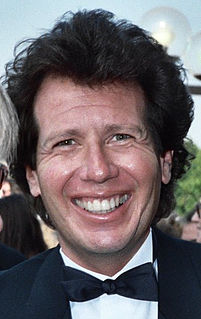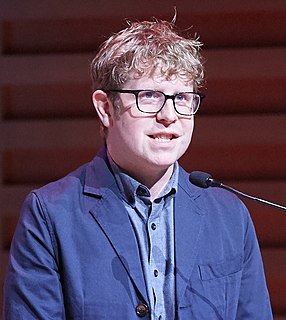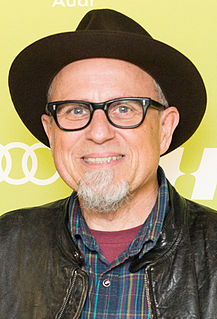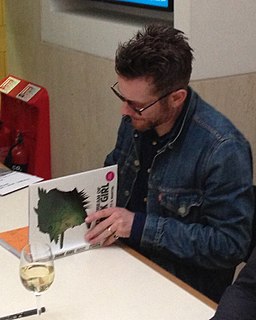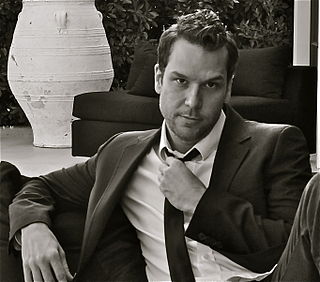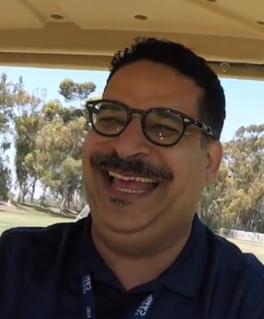A Quote by Neal Brennan
I know from doing stand-up, I don't want to do a joke that I don't trust.
Related Quotes
About a year after I moved to Los Angeles, I decided I wanted to be a joke writer for a late night talk show. So I met with a late night joke writer and he told me that I should start by doing stand-up comedy, because that would really hone my sense of humor and joke writing ability. Eventually I took a stand-up class and a few months later I had a seven-minute act.



